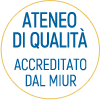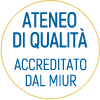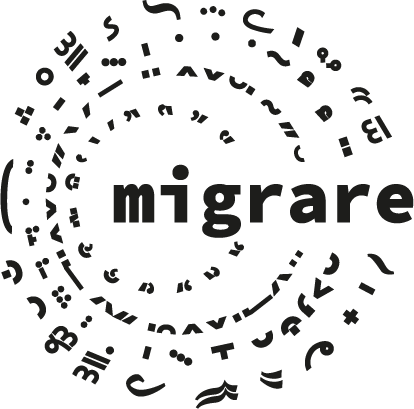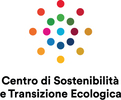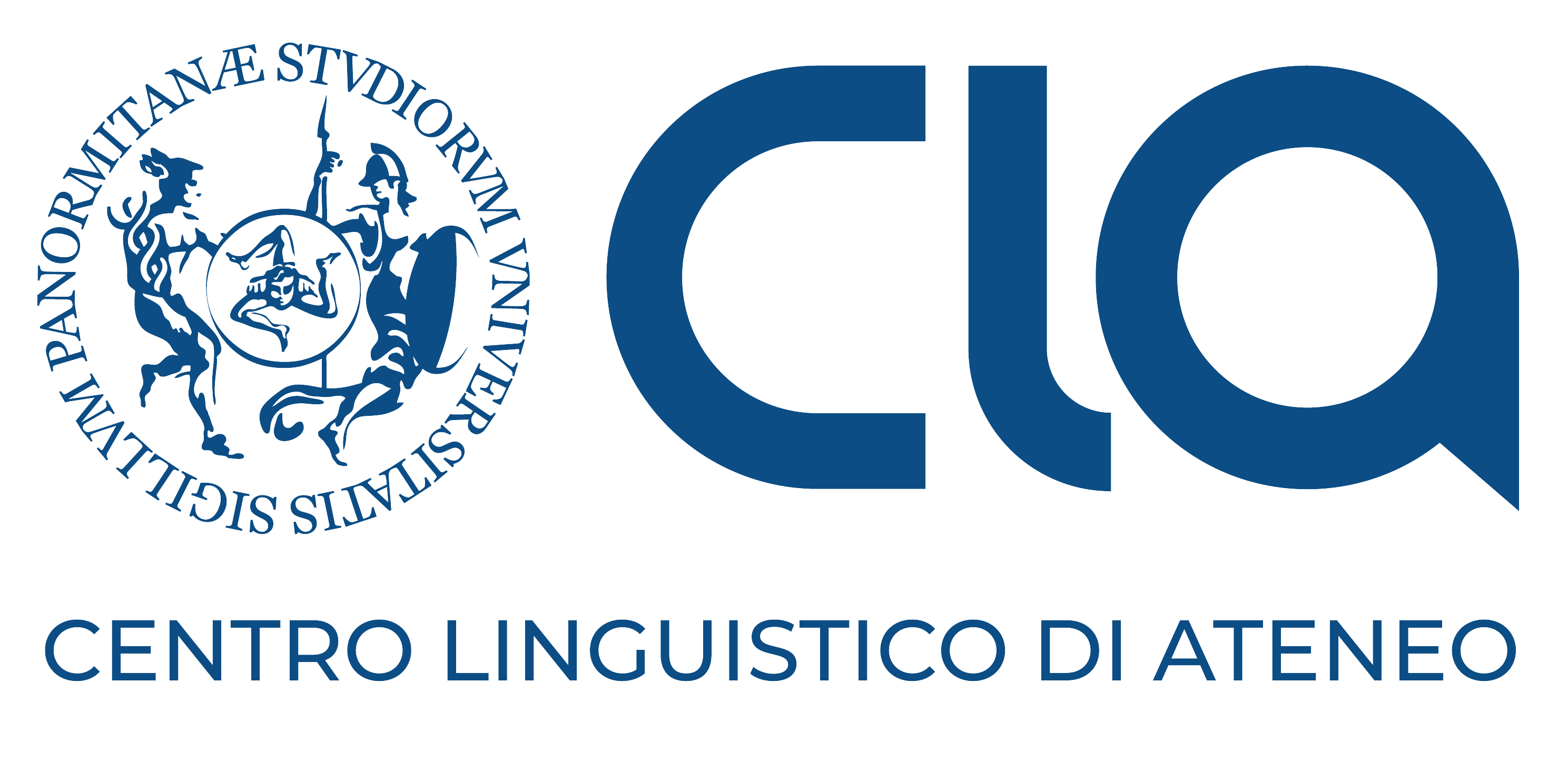Short Biography
Marco Rosone earned a Master's Degree in Civil Engineering specializing in geotechnics (Final grade 110/110 cum laude) at the University of Palermo in 2006.
In 2011 he obtained his Ph.D. in Geotechnical Engineering at Università Mediterranea di Reggio Calabria discussing the thesis “Shear Strength of unsaturated compacted scaly clay”.
From 2012 to 2019, he held various research grants and scholarships. Additionally, he worked as a part-time lecturer in "Geotechnics" for the Bachelor's program in "Building-Architectural Engineering" and in "Slope Stability" for the Bachelor's program in "Environmental and Territorial Engineering."
From May 2020 to May 2023, he served as a Untenered Researcher (Article 24, paragraph 3, letter a) of Law 240/2010) for the disciplinary scientific field ICAR/07 (Geotechnics).
He obtained the National Scientific Qualification as Associate Professor in the sector 08/B1 - Geotechnics (Call 2018, Ministerial Decree MIUR No. 2904 of 29/10/2018).
Since December 2023, he has been a Tenured-track Researcher (Article 24, paragraph 3, letter b) of Law 240/2010) for the disciplinary scientific field ICAR/07 (Geotechnics).
He teaches "Slope Stability" and "Experimental Geotechnics" for MSc in Civil Enginering (major in Geotechnics) and MSC in Enviromental Engineering, as well as "Soil Mechanics" for BSc in Geology.
His scientific activity primarily focuses on the experimental study of geotechnical characteristics and microstructure of compacted scaly clays under conditions of complete and partial saturation. Additionally, his research includes investigating the mechanical behavior and microstructure of clays treated with innovative chemical additives, geotechnical characterization of soils constituting landslide bodies, monitoring and modeling of landslide slopes, and the hydro-mechanical characterization of selected soils as host rocks for deep deposits of nuclear waste.
Since September 2024, he is a member of the coordinating commitee of the Italian Group of Geotechnical Engineering (GNIG).
Ongoing Research projects






